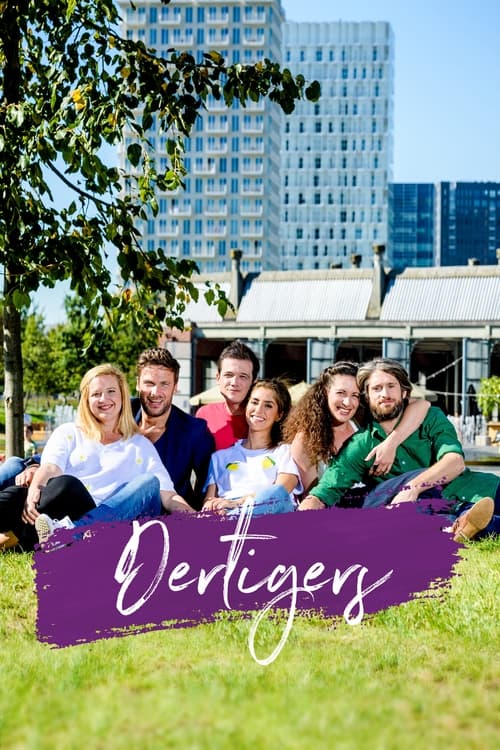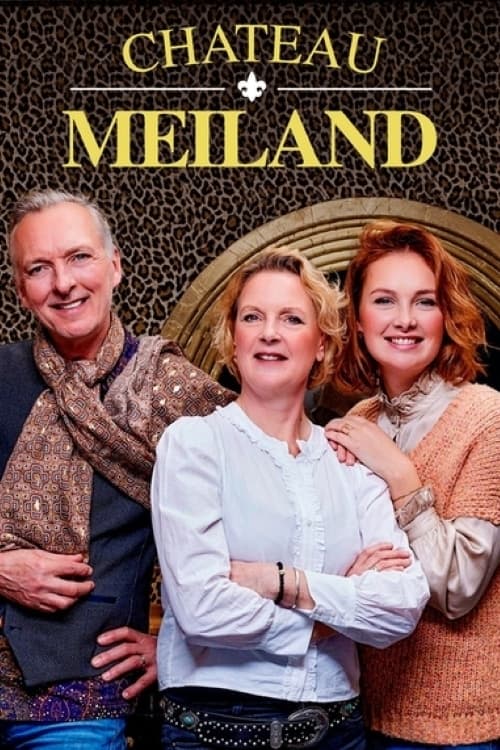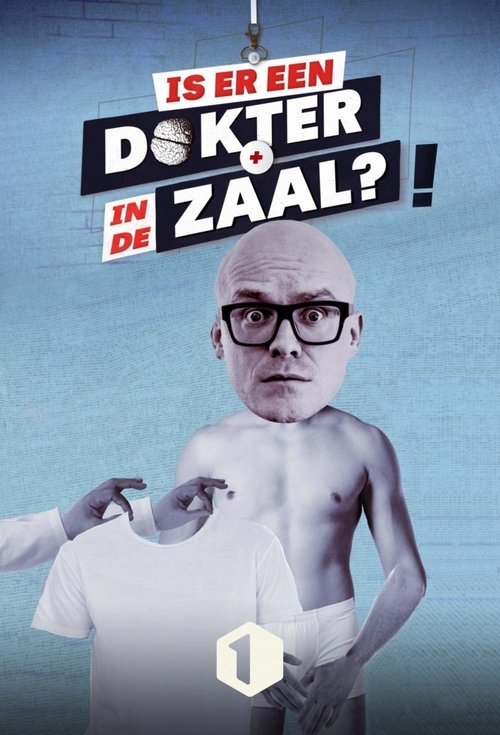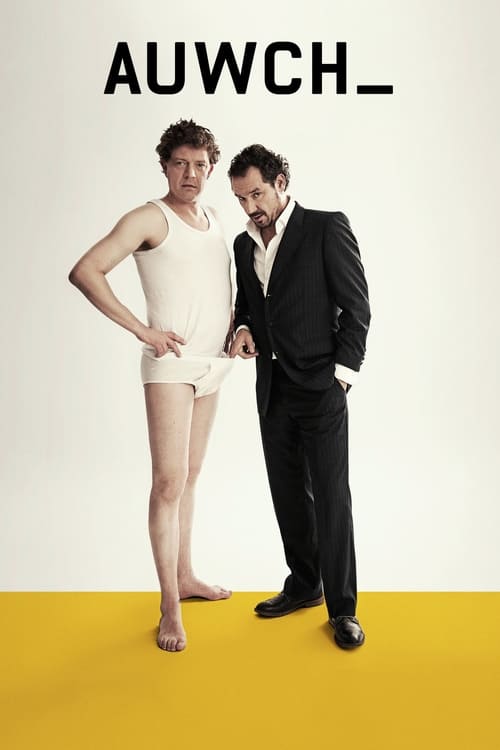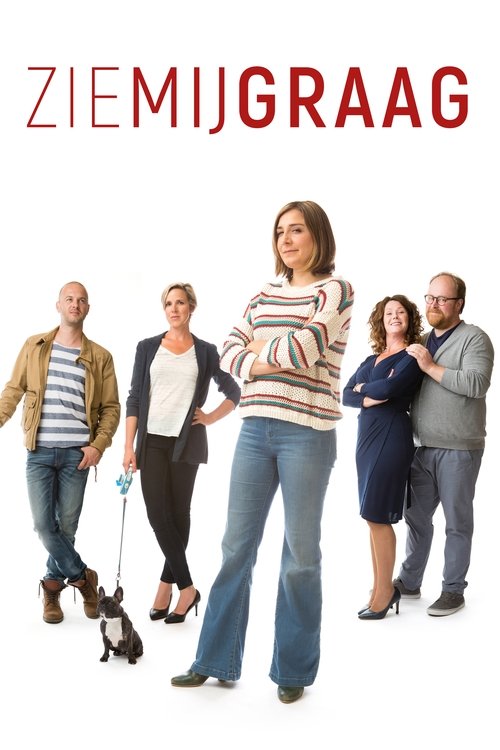
Ask Your Own Question
What is the plot?
In the opening scene of "Episode 4," the camera pans over the bustling streets of the city as the sun rises, casting a warm glow on the Ludwigs' family estate. Inside, tensions are palpable as the family gathers for breakfast. The atmosphere is thick with unspoken words, particularly between the siblings, who are still reeling from the fallout of previous episodes. The eldest sibling, Max, is visibly frustrated, feeling the weight of family expectations pressing down on him. He pushes his plate away, declaring he needs to take a break from the family business, which prompts a heated discussion about responsibility and loyalty.
As breakfast continues, the family matriarch, Ingrid, attempts to mediate the rising conflict. She emphasizes the importance of unity, but her words fall on deaf ears. The youngest sibling, Lena, feels overshadowed by her brothers and expresses her desire to pursue her own dreams, which leads to a confrontation with Max. Their argument escalates, revealing deep-seated resentments and insecurities. The scene ends with Lena storming out of the room, leaving the family in a state of disarray.
The next sequence shifts to Lena, who is seen walking through the city, her expression a mix of determination and sadness. She meets with her friend, Clara, at a local café, where they discuss Lena's aspirations to start her own fashion line. Clara encourages her, but Lena is conflicted about leaving the family legacy behind. This moment of vulnerability highlights Lena's internal struggle between familial loyalty and personal ambition.
Meanwhile, back at the estate, Max confides in their father, Friedrich, about his desire to step away from the family business. Friedrich, a stern figure, reacts with disappointment, insisting that Max has a duty to uphold the family name. This conversation reveals Friedrich's rigid views on tradition and success, further complicating Max's feelings of entrapment. The tension between father and son escalates, culminating in Friedrich threatening to cut Max off financially if he chooses to abandon the family.
As the day progresses, the family receives an unexpected visit from a distant relative, Anton, who arrives with news that could change everything. He reveals that he has been working on a lucrative business deal that could benefit the Ludwigs, but he needs their support to finalize it. The family is intrigued, but Max remains skeptical, sensing that Anton may have ulterior motives. This revelation creates a rift among the siblings, as Lena sees this as an opportunity to prove herself, while Max is wary of getting involved.
The episode takes a dramatic turn when the family gathers for a meeting to discuss Anton's proposal. Tensions rise as differing opinions clash. Lena passionately argues for taking the risk, while Max insists on caution. The meeting devolves into chaos, with accusations flying and emotions running high. In a moment of frustration, Max storms out, leaving the family divided. This pivotal scene underscores the growing schism within the family and sets the stage for the decisions that will follow.
Later that evening, Lena decides to take matters into her own hands. She secretly meets with Anton to discuss the business deal without her family's knowledge. During their conversation, Anton reveals his vision for the future and how Lena could play a crucial role in it. This meeting ignites a spark of ambition in Lena, who begins to see a path forward that diverges from her family's expectations.
As the episode nears its climax, Max confronts Lena about her secret meeting with Anton. Their confrontation is charged with emotion, as Max accuses Lena of betraying the family. Lena, feeling cornered, defends her choices and expresses her desire to forge her own identity. This confrontation serves as a turning point for both characters, forcing them to confront their fears and aspirations.
The episode concludes with a dramatic cliffhanger. The family receives shocking news that Anton's business deal has fallen through due to unforeseen circumstances, leaving them in a precarious financial situation. The final scene shows the family gathered in the living room, their expressions a mix of shock and uncertainty. Max and Lena exchange a glance, both realizing that their individual choices have far-reaching consequences for the family. The screen fades to black, leaving viewers eager to see how the Ludwigs will navigate the challenges ahead.
What is the ending?
In the ending of "De Ludwigs," Season 2, Episode 4, the family faces a critical turning point as tensions reach a boiling point. The episode concludes with a dramatic confrontation that forces each character to confront their choices and relationships. The family members are left to grapple with the consequences of their actions, leading to a sense of unresolved conflict and emotional turmoil.
As the episode unfolds, we begin in the lavish yet tense atmosphere of the Ludwig family estate. The camera pans through the opulent rooms, capturing the intricate details of the decor, which contrasts sharply with the underlying discord among the family members.
Scene 1: The episode opens with a family dinner that feels more like a battleground than a gathering. The table is set with fine china, but the air is thick with unspoken grievances. Each character is introduced in close-up shots, revealing their strained expressions. The patriarch, Heinrich, attempts to maintain a facade of normalcy, but his eyes betray his frustration. His wife, Margarete, sits silently, her hands clenched in her lap, reflecting her internal conflict.
Scene 2: As the dinner progresses, the conversation becomes increasingly heated. The eldest son, Felix, challenges Heinrich's authority, questioning his decisions regarding the family business. The tension escalates, and Margarete finally speaks up, revealing her own dissatisfaction with the family's dynamics. Her voice trembles with emotion, and the camera captures the tears welling in her eyes, highlighting her vulnerability.
Scene 3: The argument reaches a climax when the youngest daughter, Clara, unexpectedly sides with Felix, igniting Heinrich's anger. The camera zooms in on Heinrich's face, showcasing his disbelief and hurt. He stands abruptly, knocking over his chair, which symbolizes the collapse of the family's facade. The scene is charged with raw emotion, and the audience can feel the weight of years of unresolved issues coming to a head.
Scene 4: Following the explosive dinner, the family disperses to their respective rooms, each character grappling with their emotions. Felix storms out into the garden, where he confronts his own insecurities and fears about the future. The moonlight casts a soft glow on his face, illuminating his internal struggle. Meanwhile, Clara retreats to her room, where she breaks down, feeling torn between her loyalty to her father and her desire for independence.
Scene 5: The episode culminates in a poignant moment where Margarete finds Heinrich alone in his study, surrounded by the trappings of success that feel hollow. They share a quiet conversation, revealing their deep-seated fears about the family's future. Margarete's voice is steady but filled with sorrow as she expresses her desire for unity, while Heinrich's response is filled with regret, acknowledging his failures as a father and husband.
Scene 6: The final scene shows the family gathered in the living room the next morning, the atmosphere heavy with unspoken words. Each character's expression reflects their individual struggles and the uncertainty of their relationships. The camera pulls back, capturing the family in a moment of stillness, suggesting that while the conflict remains unresolved, there is a glimmer of hope for reconciliation.
In the end, Heinrich is left to ponder his role in the family's discontent, Margarete seeks a path toward healing, Felix grapples with his identity and future, and Clara stands at a crossroads, uncertain of her place within the family. The episode closes on a note of ambiguity, leaving the audience to reflect on the complexities of familial bonds and the challenges of communication.
Is there a post-credit scene?
In "De Ludwigs" Season 2, Episode 4, there is indeed a post-credit scene that adds an intriguing layer to the episode's narrative.
As the credits roll, the screen fades back in to reveal a dimly lit room filled with various art pieces and sculptures, hinting at a gallery or a private collection. The camera slowly pans across the room, showcasing the eclectic mix of modern and classical art, creating an atmosphere of sophistication and mystery.
In the center of the room stands a figure, partially obscured by shadows. As the camera draws closer, it becomes clear that it is Ludwig himself, deep in thought, staring intently at a large abstract painting. His expression is one of contemplation, a mix of admiration and frustration. The painting seems to resonate with his internal struggles, reflecting the chaos and complexity of his life.
Suddenly, the silence is broken by the sound of footsteps approaching. A woman enters the frame, her identity initially concealed. As she steps into the light, it is revealed to be a new character, a curator named Clara, who has a keen interest in Ludwig's work. She engages him in a conversation about the meaning behind the painting, probing into his artistic vision and personal life.
Ludwig, initially guarded, begins to open up, revealing his vulnerabilities and the pressures he faces as an artist. The dialogue is charged with tension, as Clara challenges him to confront his fears and insecurities. The scene ends on a cliffhanger, with Ludwig contemplating her words, leaving viewers eager to see how this new dynamic will influence his journey in the upcoming episodes.
This post-credit scene not only serves to deepen Ludwig's character but also sets the stage for potential conflicts and developments in his relationships, making it a significant addition to the episode.
How does the character of Max evolve in this episode?
Max experiences significant growth in Episode 4 as he grapples with his responsibilities within the family. His internal struggle is highlighted when he must choose between pursuing his personal ambitions and supporting his family's needs, leading to a poignant moment of self-discovery.
How does the relationship between Anna and her partner develop in this episode?
Anna's relationship with her partner faces challenges in Episode 4 as they navigate differing priorities. A pivotal scene occurs when they have a heartfelt conversation that reveals their vulnerabilities, prompting them to reassess their commitment to each other.
What is the significance of the family gathering in this episode?
The family gathering serves as a crucial turning point in Episode 4, where unresolved tensions come to the surface. The interactions among family members reveal hidden resentments and desires, ultimately leading to a cathartic confrontation that reshapes their relationships.
What conflict arises between the Ludwigs and their neighbors in this episode?
In Episode 4, tensions escalate between the Ludwigs and their neighbors over a property dispute that reveals deeper issues of trust and community dynamics. The Ludwigs' attempts to resolve the situation lead to misunderstandings and heightened emotions.
What role does the family pet play in the events of this episode?
The family pet, a mischievous dog, inadvertently becomes a catalyst for the unfolding drama. Its antics lead to a series of comedic yet revealing moments that force the family to confront their issues, ultimately bringing them closer together.
Is this family friendly?
"De Ludwigs," season 2, episode 4, contains several elements that may be considered objectionable or upsetting for children or sensitive viewers.
-
Family Conflict: The episode features intense family arguments that may be emotionally charged and could be distressing for younger viewers.
-
Themes of Betrayal: There are moments that explore themes of betrayal and mistrust among family members, which could be unsettling.
-
Emotional Turmoil: Characters experience significant emotional struggles, including sadness and frustration, which may resonate deeply and evoke strong feelings.
-
Mature Situations: Some scenes may involve adult situations or discussions that are not suitable for children, touching on complex family dynamics.
-
Visual Tension: The episode may include scenes with heightened tension or conflict that could be visually and emotionally intense.
These aspects may require parental guidance for younger audiences to help contextualize the emotional weight of the narrative.










